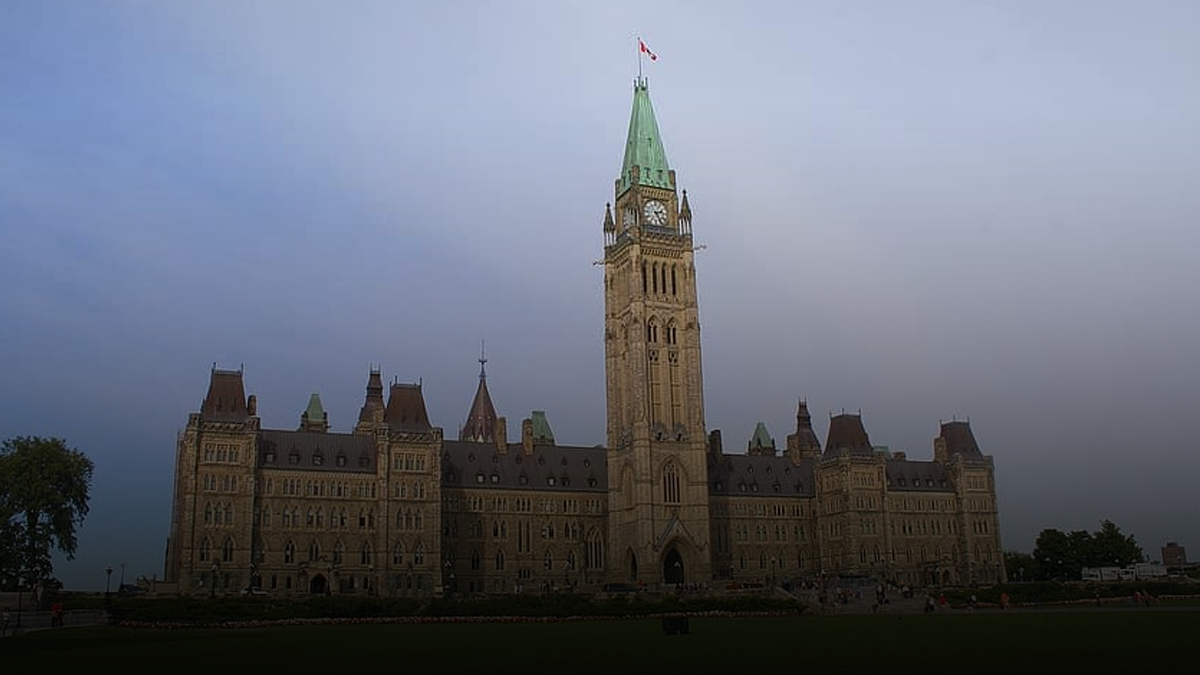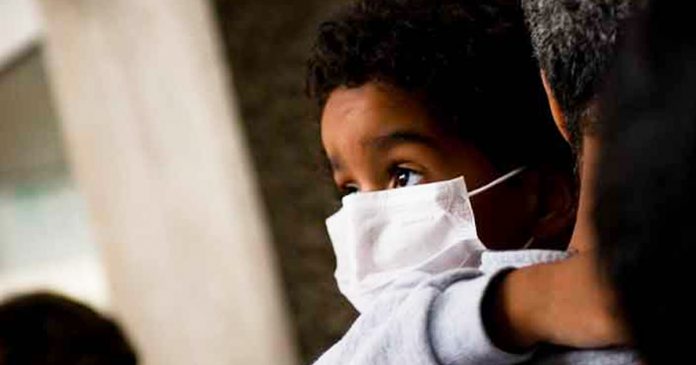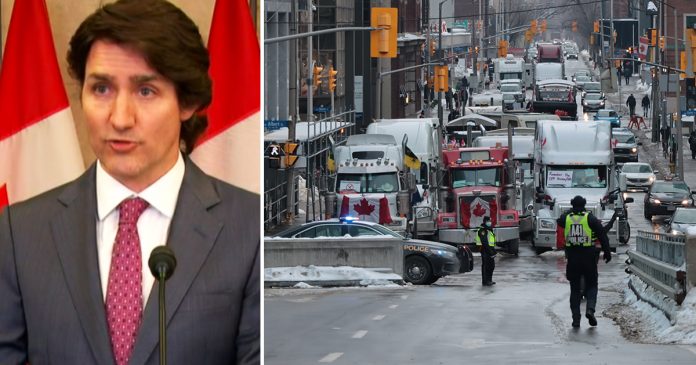Liberal cabinet minister Marco Mendicino allegedly backdated government documents presented to a federal court case on the implementation of government legislation, according to documents retrieved by Blacklock’s Reporter.
In 2019, Parliament passed a bill bearing the same name as an already trademarked group called the College Of Immigration And Citizenship Consultants Act.
The Vancouver-based company that owns the trademark took the government to court for infringing the Trademarks Act for the use of the title “College Of Immigration And Citizenship Consultants.”
On November 20, 2020, the federal court injunction was premised on when the bill was passed and if it had already come into force, which at the time, it had not.
Communications from Mendicino’s department showed that staff hastily published a report on the Privy Council office’s website on November 20, the same day as the court injunction, proclaiming that the bill had come into effect. A note on the page claimed the notice was edited on April 31st 2017. The month of April only has 30 days.
Mendicino did not respond to any requests for comment by the outlet.
Justice Janet Fuhrer, the judge presiding over the case said that crown lawyers are “duty bound to bring to the Court’s attention the development of the proclamation of the Act.”
Despite this, crown lawyers used the newly published government notice on November 25th 2020 to claim that the law had been proclaimed into law, despite that not actually being the case.
Mendicino and his staff worked to put out a news release that was published on November 26 stating that the College Of Immigration And Citizenship Consultants Act had come into effect when it had not.
The College Of Immigration And Citizenship Consultants Act came into effect on December 9 2020.
Internal communications within the immigration department show staffers hectically trying to piece together a working strategy to deal with the matter.
A November 30 email shows dysfunction within the department as bureaucrats attempted to manage the ordeal after learning the real date the College Of Immigration And Citizenship Consultants Act was supposed to go into effect.
“Just fyi, we told comms we need an extension. Things are on fire over here,” reads one email.
Another email between department of immigration lawyers reads “Oh boy,” after learning of the real date the College Of Immigration And Citizenship Consultants Act, was supposed to go into effect.
























